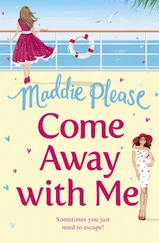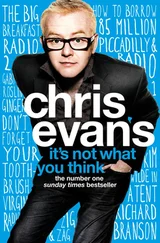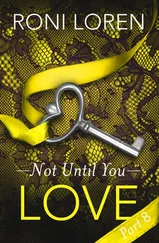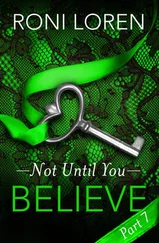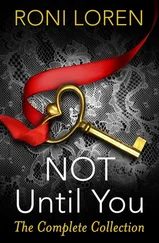He did not wait for me to respond.
‘So, after all this your education – the one you’ve done so far – what have you gained from it? With all the big, big calculations you did with your calculator in school, has it made you to calculate those same amounts of money in your own pocket? Or in your own bank account? Or in different currencies?’
He hissed. The sound was a fine blend of disdain and amusement.
‘You know something? Me, I don’t have a problem with poverty as far as it’s a choice somebody has made for himself. But look at you. Very soon you’ll be standing by the street with a tin cup in your hand – begging. Mind you, no one gets a mouthful of food by picking in between another person’s teeth. All your book… is that why you were wearing headmaster shoes the other day? Is that why your sister looks like somebody who hasn’t eaten since Christmas Day? Is that why your mother is wearing the cloth that other women were wearing in the sixties?’
He hissed again.
‘Just look at my sister. Today at the hospital, she was looking almost thirty years more than her age. Has all your book put food on your table? How many people are you feeding every month? How many people’s salaries do you pay every month? Eh? Tell me.’ He sneered. ‘See your mouth. You say you don’t eat rats but you just want to taste only the tail. Please don’t close my ears with all this your rubbish talk about education. Me, I don’t believe in film tricks. I believe in real, live action.’
The more he spoke, the more I found myself sitting straighter in the chair. He sounded almost as convincing as the multiplication table.
My father was learned and honest. Yet he could neither feed his family nor clothe his children. My mother was also learned, and her life had not been particularly improved much by education. I thought about my father’s pals, most of whom were riding rickety cars… about most of my university lecturers with their boogiewoogie clothes and desperate attempts to fight off hunger by selling overpriced handouts to students. Yet Uncle Boniface – our saviour in this time of crisis – had not even completed his secondary school education. However, my father’s hallowed words of time past rose up and sounded a piercing siren in my head.
‘Uncle Boniface, you can make all the fun you want, but in the long run, even the Bible says that wisdom is better than silver and gold.’
This time, he guffawed so long that it seemed as if the fat on his face might melt and start dribbling onto the floor. He started choking and struggled to catch his breath.
‘Ah, you think, me, I don’t know Bible myself? Or haven’t you heard the story of the poor wise man?’
I had no idea what he was talking about. Was this part of his infinite repertoire of Igbo proverbs, or was this a story from the Bible? Did he mean the story about The Rich Man and Lazarus? As far as I could remember, it never said anywhere that Lazarus was wise.
He saw the confusion on my face.
‘Ah, ah? I thought you’re the one who went to school. You’re the one who knows everything, including Bible? OK, wait.’
Using my knees as leverage, he pushed himself up. He strode confidently to the bookshelf and pulled out a leather-bound Bible. He returned to his seat and dropped the holy book in my lap.
‘Open Ecclesiastes,’ he instructed.
I did.
‘Turn to chapter nine.’
I did.
‘Read from verse fourteen to sixteen.’
I obeyed.
‘There-’
‘No, no, no. You don’t need to read it out. Read it to yourself.
Me, I already know it. It’s you with all your book that needs to hear it.’
I closed my mouth and read with my eyes only.
There was a little city, and few men within it; and there came a great king against it, and besieged it, and built great bulwarks against it: Now there was found in it a poor wise man, and he by his wisdom delivered the city; yet no man remembered that same poor man. Then said I, Wisdom is better than strength: nevertheless the poor man’s wisdom is despised, and his words are not heard.
Unimpressed, I finished at verse sixteen. Was it not Shakespeare who said that even the devil can cite scripture for his own purpose?
‘People like you can go to school and finish your brains on book, but it’s still people like us who have the money that feed your families.’
He laughed. His laughter was beginning to gnaw at my nerves.
‘Uncle Boniface, please. My father would never approve.’
‘Kings, we’re talking about money,’ he said with irritation. ‘Let’s leave poor men out of this conversation.’
With that, Uncle Boniface had exceeded the speed limit in his derogatory comments. He had no right to talk about my father in that manner.
‘Uncle Boniface, my father might be poor,’ I said with rising anger, ‘but at least he will always be remembered for his honesty.’
‘Is honesty an achievement? Personality is one thing, achievement is another thing altogether. So what has your father achieved? How much money is he leaving for you when he dies? Or is it his textbooks that you’ll collect and pass on to your own children?’
I sat staring at this braggart in disbelief. My father once said that people who did not go to school were perpetually angry with those who did. This man was a barrel of bile. An authentic devil in disguise. I decided to leave before a thunderbolt would come and strike the building. I rose and tossed the Bible on the executive desk.
‘Uncle Boniface, I’m sorry but if you’ve finished, I’m going.’
He laughed gently, like an apostle who was under persecution by people who understood very little about his life-transforming message.
‘Take your time. Don’t be like the grass cutter who likes eating palm nuts but doesn’t like climbing palm trees. I might be a very rich man, but from time to time, I can also exercise patience.’
I stomped out of the room and slammed the door behind me. I rushed downstairs and into the bedroom where Charity was still chomping on the chocolate biscuits. She had polished off the ice cream.
‘Let’s go!’ I ordered.
Charity opened her eyes like an astonished kitten. Then she must have seen the urgency in my face because she stood up hurriedly, still clutching the remaining biscuits. The other two girls did not remove their eyes from the MTV screen. I grabbed Charity’s arm and fled.
At last, the doctor decided that my father could go home. He said that his condition was stable, that he would regain the use of his muscles and speech gradually, even though it might take as long as two years for him to fully recover. Since we could not afford additional physiotherapy, the hospital educated us on the sort of exercises he could do at home. They also advised us to get him a walking stick.
Two days before he was due back home, my mother called me aside in the hospital.
‘Kings, I don’t think you should bother coming tomorrow.’
I was surprised.
‘Why?’
‘I want you to stay home and make sure everything is ready.’
She proceeded on a long list of microscopic instructions, and the next day I ordered Odinkemmelu and Chikaodinaka on a cleaning spree. They went about sweeping and scrubbing, dusting and polishing. I gave Charity some money to go to the market. She stocked up on unripe plantains, vegetables, and some other low-carbohydrate foods. From our parents’ bedroom to the living room, Eugene cleared the pathway of obstructing buckets and dusty storage cartons; my father would need as much space as possible to manoeuvre his faulty left limb. Godfrey changed the sheet on their bed and plumped the cushion on my father’s chair. I adjusted the television tripod stand so that it would be easier for him to watch without straining his neck. Then I went to the carpenter whose shop was close to my mother’s and collected the walking stick I had ordered a few days before.
Читать дальше
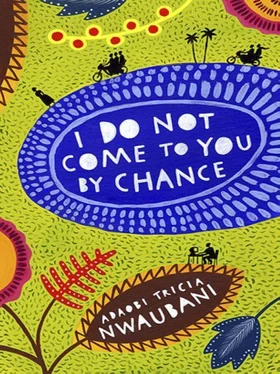
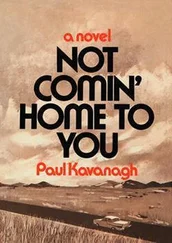

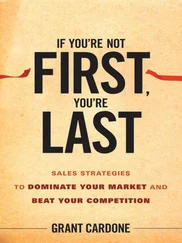

![Майкл Азеррад - Come as you are - история Nirvana, рассказанная Куртом Кобейном и записанная Майклом Азеррадом [litres]](/books/392533/majkl-azerrad-come-as-you-are-istoriya-nirvana-ra-thumb.webp)

